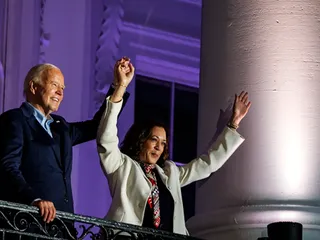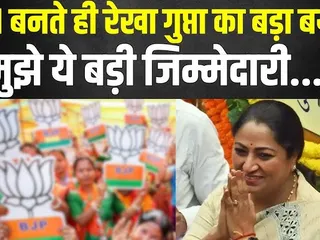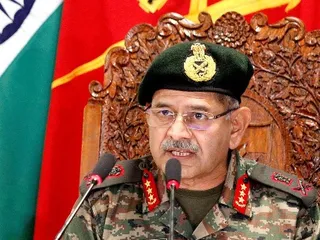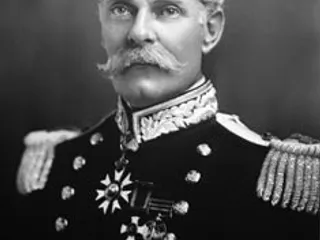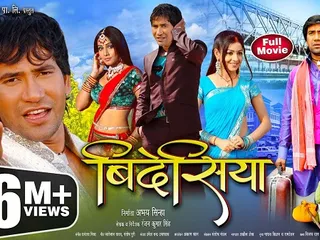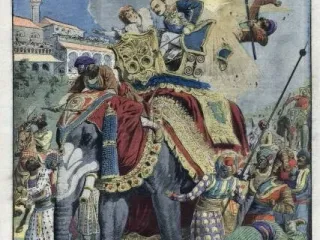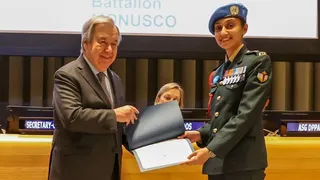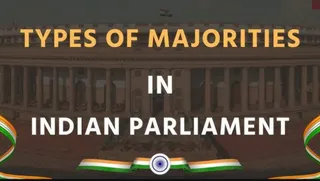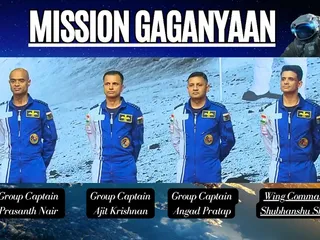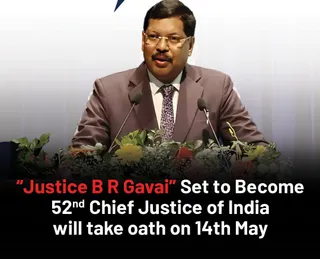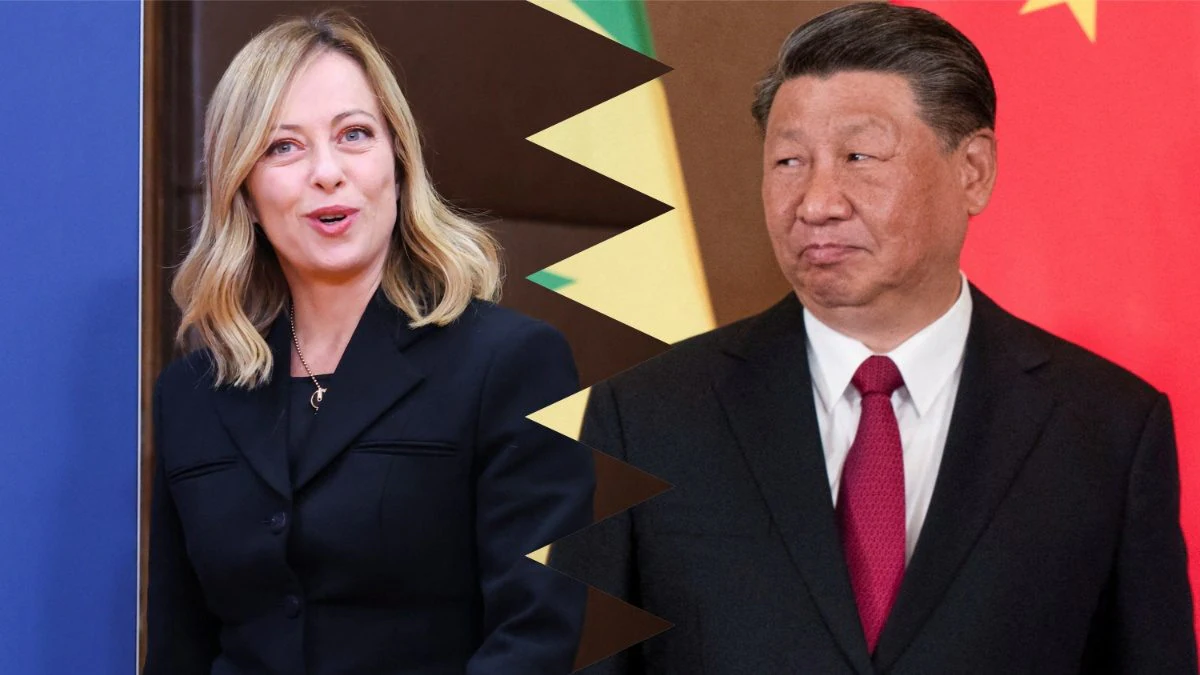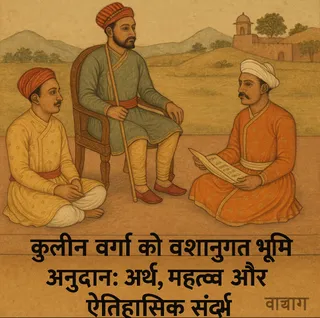The Poona Pact, signed on September 24, 1932, stands as a pivotal moment in India's struggle for independence and social justice. This agreement, reached between Mahatma Gandhi and Dr. B.R. Ambedkar, resolved a significant constitutional crisis stemming from the Communal Award announced by the British Prime Minister Ramsay MacDonald.
The Communal Award: A Divisive Decision
The Communal Award, declared in August 1932, aimed to address the representation of different religious and caste groups in the legislatures established under the Government of India Act 1935. While intending to promote inclusivity, it inadvertently exacerbated existing societal divisions. The most contentious aspect was the allocation of separate electorates for the Depressed Classes, later known as Scheduled Castes, encompassing a large segment of the population then referred to as 'untouchables'. This meant that members of the Depressed Classes would elect their representatives independently of the general electorate, effectively creating a separate political entity.
Ambedkar's Advocacy and Gandhi's Intervention
Dr. B.R. Ambedkar, a leading figure representing the Depressed Classes, initially supported the Communal Award, believing it would guarantee them political representation and safeguard their interests against discrimination. However, Mahatma Gandhi vehemently opposed the principle of separate electorates, arguing that it would further marginalize the Depressed Classes and perpetuate social segregation. He embarked on a fast unto death, putting immense pressure on Ambedkar and the British government to reconsider the award.
Negotiations and the Pact's Provisions
Faced with Gandhi's determined stance and the potential for widespread unrest, Ambedkar engaged in intense negotiations with Gandhi at Yerwada Jail in Poona (now Pune). The resulting Poona Pact altered the Communal Award's provisions. It retained reserved seats for the Depressed Classes in provincial legislatures, but these seats were to be filled through joint electorates, meaning that members of the Scheduled Castes would participate in elections alongside other castes. This ensured their representation while avoiding the social isolation inherent in separate electorates. The pact also included provisions for representation in the federal legislature.
Significance and Legacy
The Poona Pact holds profound significance for several reasons. It demonstrated the power of negotiation and compromise in resolving deeply entrenched social conflicts. It showcased Gandhi's ability to mobilize public opinion and influence political decisions, highlighting his role as a leader not only of the independence movement but also as a champion of social justice. For Ambedkar, although initially supporting separate electorates, the agreement represented a pragmatic approach to securing the representation of his community while mitigating the long-term negative consequences of segregation.
Despite the pact's success, it remains a subject of ongoing debate and historical analysis. Some argue that it failed to fully address the root causes of caste-based discrimination, while others emphasize its crucial role in providing a platform for the political empowerment of the Scheduled Castes and setting the stage for their participation in the democratic process. Ultimately, the Poona Pact remains a complex but undeniably important landmark in India's history, shaping its social and political landscape in profound ways.

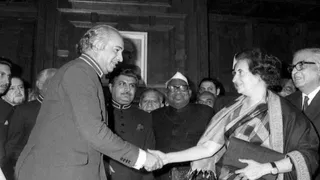
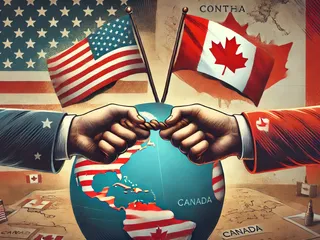

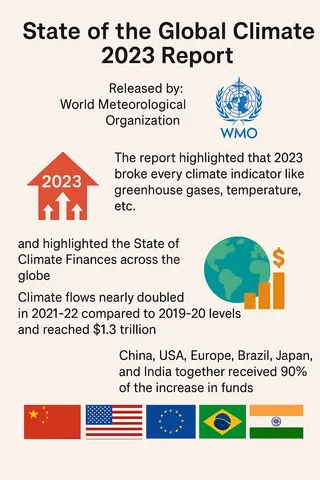

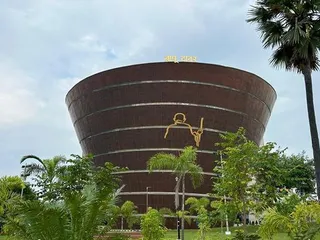
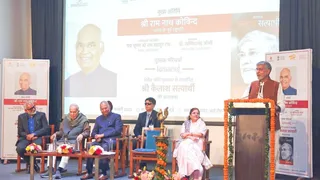
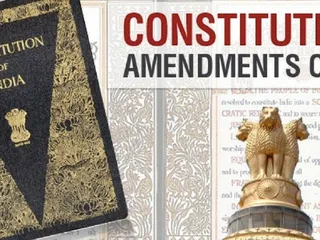



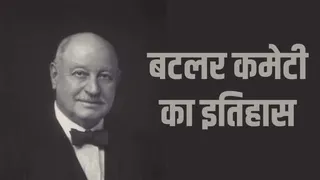
 (24)jpeg-1722421859875.jpeg.webp)


